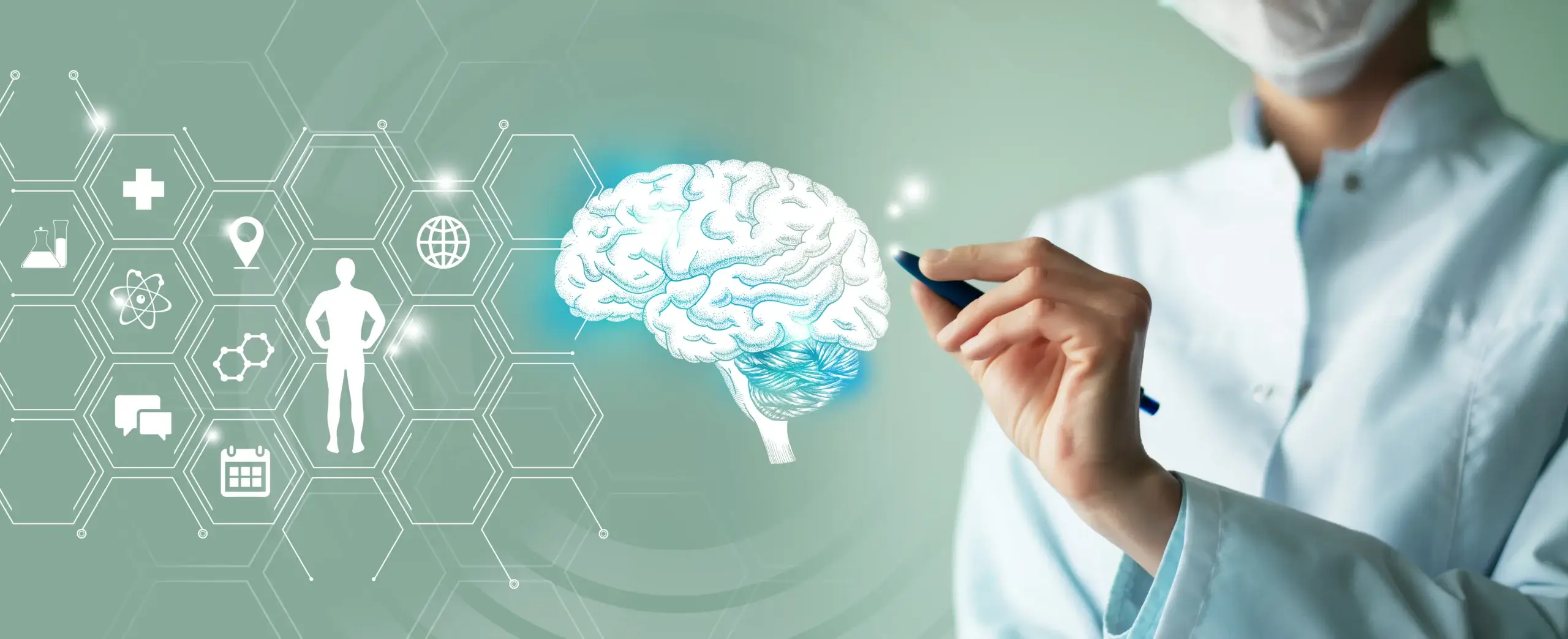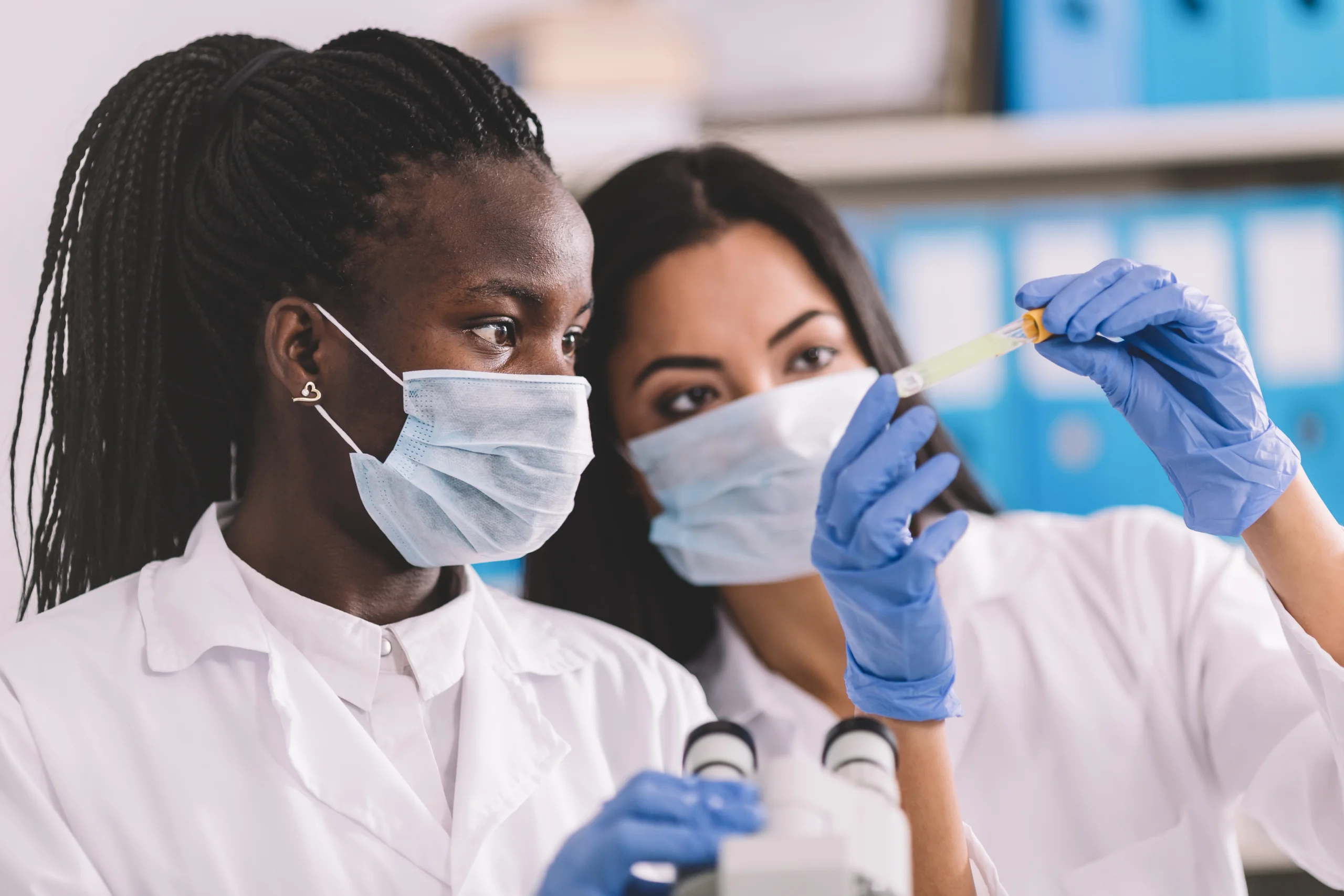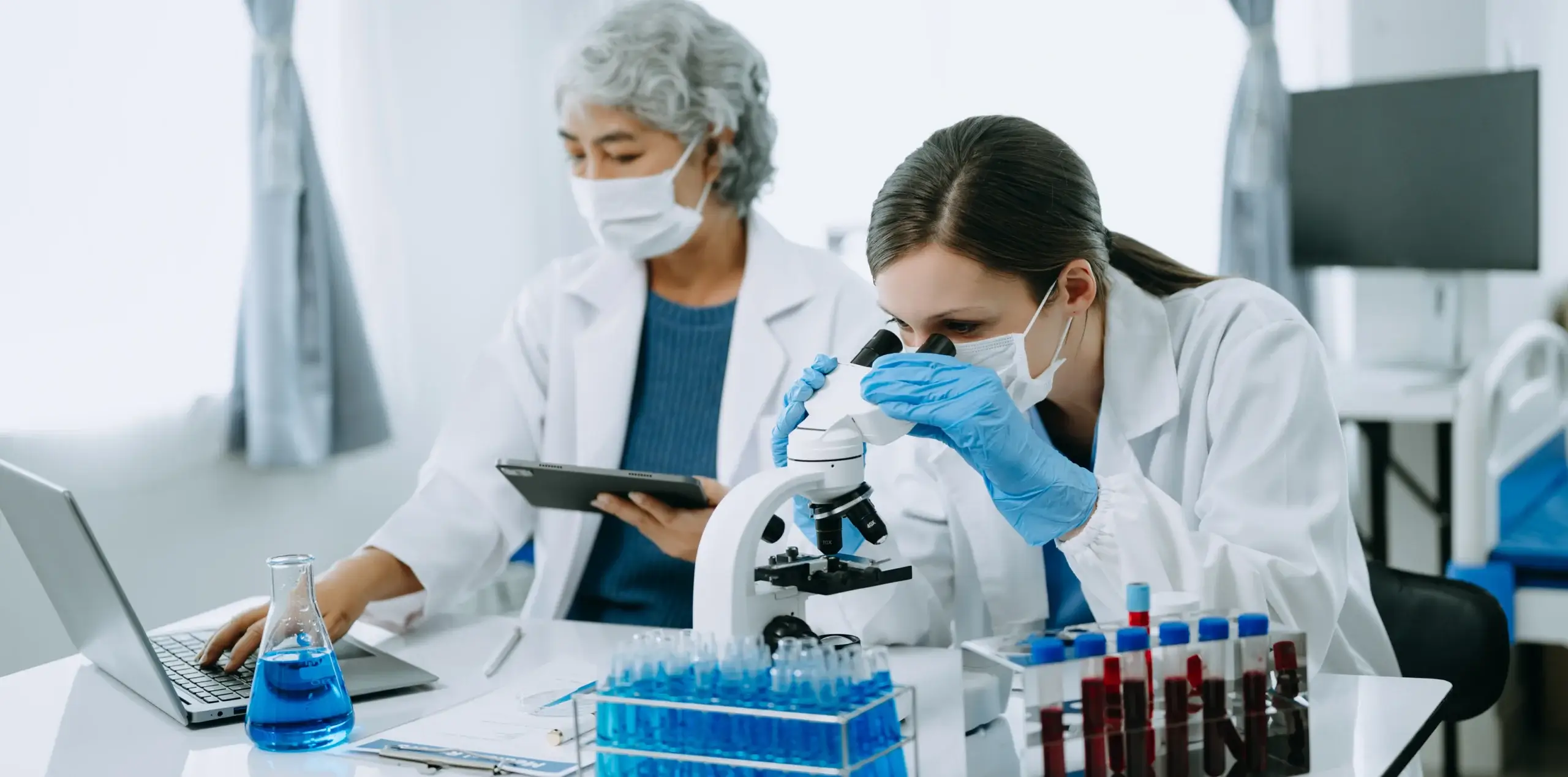The COVID-19 pandemic has brought the role of medicines development center stage for society. A sudden interest in learning details of the drug development process has arisen all over the world, both among biomedical professionals and the lay public.
Generally speaking, medical schools worldwide do not include medicines development and its disciplines as part of their undergraduate syllabus, and few include them in their postgraduate programs.
The need for education and training in clinical research and medicines development among clinical research team members has been studied and documented extensively. Studies conducted by our group have also shown similar needs among biomedical professionals working in the pharmaceutical industry (1,2,3). Across the world, biomedical professionals working in various functions in pharmaceutical companies report that exposure to all areas involved in drug development is limited by a siloed approach.
Insufficient education and training have also been identified by the European Union Innovative Medicines Initiative (EU-IMI) as a significant barrier to the effective development of new medicines. All biomedical professionals involved in medicines development should fully understand the overall process for effective integration of their activities.
The key disciplines in medicines development include clinical research, bioethics, drug safety, regulatory sciences, health economics, and medical affairs. However, there is currently not a holistic approach. Thus the education programs available provide only partial knowledge of the entire process.
Moreover, because of their lack of or insufficient education and training, medical practitioners and other professionals (pharmacists, nurses) tend not to get involved in clinical trials or other medicines development related activities.
This has become a significant hindrance in attracting and retaining principal investigators and participants for any particular clinical trial, with the potential consequences of delayed recruitment and data collection, inadequate study quality, and debarring the study site as ineligible for further participation in clinical trials.
The Council for International Organizations of Medical Sciences (CIOMS; https://cioms.ch) is an international, non-governmental, non-profit organization established jointly by WHO and UNESCO in 1949. Its mission is to advance public health through guidance on health research, including ethics, medical product development, and safety. For the past few years, the main activity of CIOMS became the convening of broad-based, multi-disciplinary, and internationally representative Working Groups (WGs) concerned not only with the direct impact on society of progress in biomedical science but also with its implications in such fields as bioethics, health policy, medical education, and health services research.
These WGs are responsible for preparing guidelines in the various areas of drug development. A broad range of topics is covered by CIOMS via its WGs. Senior scientists from regulatory authorities, the pharmaceutical industry, and academia join in developing consensus guidelines within areas such as international reporting of adverse drug reactions. Historically several CIOMS pharmacovigilance guidelines served as the basis for ICH guidelines.
A new WG has recently been created by CIOMS. The main objective of this WG would be to discuss and develop a consensus report giving recommendations on the principles of competency-based knowledge needed for healthcare professionals working in medicines development. To support this, the CIOMS WG would propose standard guidelines promoting harmonization across all stakeholders working in and providing education in drug development.
The WG includes 32 representatives from academic institutions, regulatory agencies, pharmaceutical companies, and professional associations. IFAPP Academy will be an active contributor to these discussions since 8 members of our team have been invited by CIOMS to join the WG. This is an indirect recognition of the talent and expertise brought by IFAPP Academy to the education arena in this field.
The expected future adoption of the guidelines by academic, regulatory, public, and private institutions involved in public health policy would result in aligned syllabi for education. Ultimately, bringing well-trained healthcare professionals to develop better medicines. In the interim, IFAPP Academy is significantly contributing to fill the gap with a growing realization of the value we bring to our students and stakeholders globally.
References:















